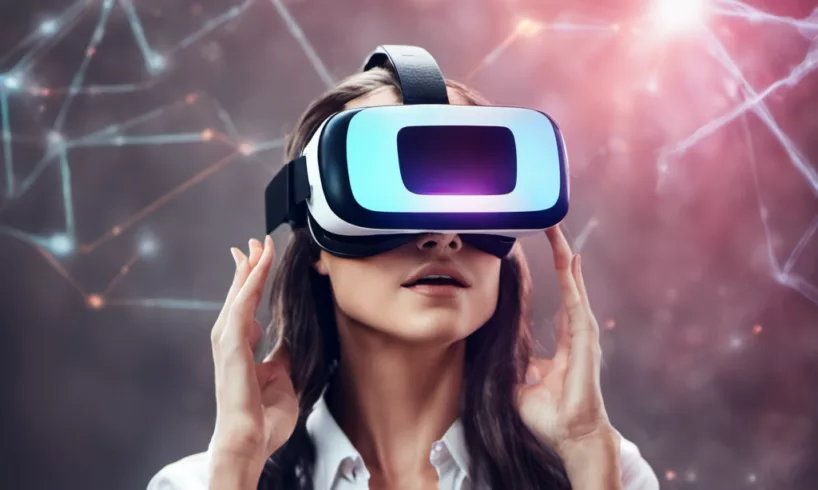
How the latest VR advancements can revolutionize customer engagement and collaboration in the business world
Last month, Meta’s Quest 3 VR headset hit the market, marking a significant milestone for the virtual reality industry. With its technological advancements and affordable price point, the Quest 3 has the potential to propel VR into the mainstream. However, the success of VR goes beyond just the hardware. The development of a vibrant ecosystem and accessible platforms has paved the way for businesses to harness the power of VR for customer engagement and collaboration. In this article, we explore the implications of VR becoming mainstream and how it can transform various industries.
Customer Engagement in 3D:
In a competitive economic landscape, businesses are constantly seeking innovative ways to engage customers. Both augmented reality (AR) and VR have been experimented with, but the lack of platforms and tools has limited their success. With the mainstream adoption of VR devices like the Quest 3, we can expect an explosion in experimentation. Brands and agencies will need to become skilled visual storytellers, creating engaging narratives in 3D. Furthermore, VR experiences will need to be seamlessly integrated into other marketing channels to deliver personalized communications. This shift will require a reorganization of marketing departments and the adoption of new technologies.
VR for Collaboration:
While consumer-facing applications of VR are exciting, the most compelling use cases may emerge within the business-to-business (B2B) sector. With remote and hybrid workforces becoming the norm, VR offers an exceptional way to bring teams together for collaborative projects. From designing new products to developing event spaces, VR can enhance efficiency and effectiveness in B2B collaborations. Additionally, the concept of the Metaverse, or metaverse-style connected worlds, has the potential to transform how we use the internet, from social media interactions to financial management.
Education and Experimentation:
To fully leverage the opportunities presented by VR, businesses must invest in education and experimentation. Understanding the available platforms and services is crucial in identifying the most impactful use cases for each company. Fortunately, developing VR services and experiences has become more accessible, allowing businesses to create or adapt solutions to meet their specific needs. The willingness to experiment and embrace the unique possibilities of the spatial internet is key to unlocking the full potential of VR.
With the launch of Meta’s Quest 3 VR headset, the virtual reality industry is poised for significant growth. Beyond the hardware, the development of accessible platforms and tools has created a vibrant ecosystem that can support the widespread adoption of VR. Businesses stand to benefit greatly from incorporating VR into their customer engagement strategies and collaborative projects. By becoming skilled visual storytellers and embracing the immersive nature of VR, companies can create transformative experiences for their customers and employees alike. As VR continues to evolve, businesses must stay informed, experiment, and adapt to stay ahead of the curve in this rapidly expanding industry.

John Ravenporton is a writer for many popular online publications. John is now our chief editor at DailyTechFeed. John specializes in Crypto, Software, Computer, and Tech related articles.


